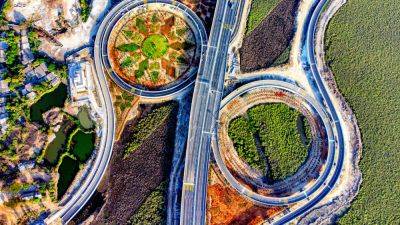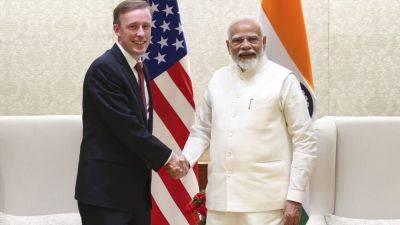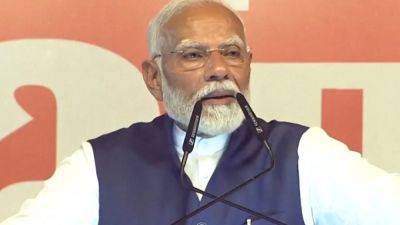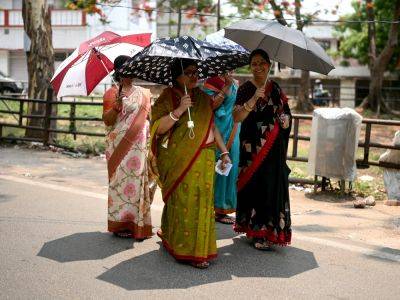A weaker Modi means fewer reforms, slower economy
India’s 2024 general election wasn’t the landslide victory for Prime Minister Narendra Modi and his Bharatiya Janata Party (BJP) many had predicted. Quite the opposite, actually.
The BJP lost its majority in Parliament so Modi will now need to rely on two smaller parties which joined the BJP-led National Democratic Alliance (NDA) only a few months before the elections. Significantly, the small parties’ leaders are known for switching sides depending on which way the political winds are blowing.
Even if the coalition is formed quickly and easily, an NDA government will not likely run as smoothly as when the BJP commanded a parliamentary majority. This is largely why markets have reacted so negatively to the election results, although they have partially recovered as it becomes clearer a coalition government will be formed.
But there are many unanswered questions about what a weaker BJP-led coalition will mean for the Indian and global economies.
Reviewing the achievements and shortcomings of Modi’s ten-year tenure, two aspects stand out. First, India’s two Achilles heels, its twin external and fiscal deficits, have been reduced.
On the external front, India is now much less vulnerable to external shocks like the Fed tapering in 2013, with its current account deficit reduced from an average of 3.5% during 2010-2013 to only 1% at present.
India’s resilience on the external front, though, is not from stronger exports but rather lower imports, notwithstanding booming domestic demand. The reason for this is mainly import substitution as domestic products are shielded from foreign competition by high import tariffs and growing industrial policy.
This sounds more like Latin America in the 1970s than China after its entry into







